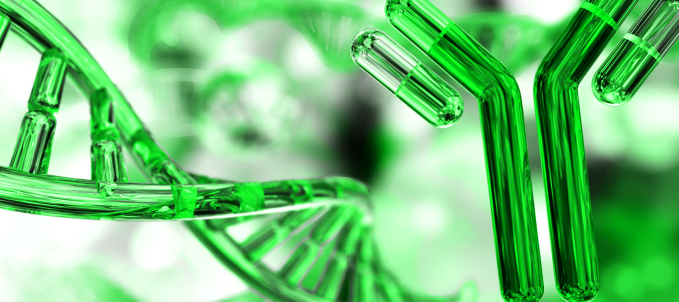
The ARGEN Digital Booklet provides insight into various applications utilizing ARGEN’s patented simultaneous multiple sample light scattering (SMSLS) technology to accelerate and optimize the development of novel biotherapeutics. Biopharmaceutical companies are experiencing greater demand to develop novel biologic therapeutics in less time, and this requires a paradigm shift in the way teams approach formulation development efforts.
Most analytical tools used to monitor biopolymer stability only provide a periodic “snapshot” of solution behavior at a specific time point. There is a need for analytical tools, like ARGEN, to rapidly understand biopolymer stability under various conditions in real time. ARGEN generates temporal data sets to provide a critical understanding into the effects of thermal, mechanical and chemical stress on the stability of biologics, which is a vital criteria for releasing new therapies to patients worldwide.
As explained in the ARGEN Digital Booklet, the successful development of biopolymers requires a stable formulation and proper characterization of the target molecule. ARGEN’s real-time, in situ, continuous data collection yields information on both quantitative and qualitative properties of a target molecule for up to 16 different experiments simultaneously. With multiple independent sample cells, ARGEN enables a significant reduction in the time and resources needed to identify optimal stability conditions by detecting the early onset of instability, e.g., aggregation and degradation. Additionally, ARGEN-LT is suitable for thermal stability studies from 0°C-100°C, making it an ideal instrument to determine viability and shelf-life at low temperatures.

The ARGEN Digital Booklet provides an in-depth understanding of the ARGEN technology and presents multiple case studies demonstrating ARGEN’s value and power to formulation development teams. The booklet describes target applications for ARGEN and how the 90° static light scattering technology works. The case studies presented show how ARGEN was used to assess the mechanical stress impacts to monoclonal antibodies during bioprocessing, determine protein and peptide molecular weights and second virial coefficients, and expedite the selection of optimal buffer conditions for Human Immunoglobulin. Download the digital booklet today to experience how ARGEN accelerates biopharmaceutical R&D by characterizing quantitative and qualitative properties of biopolymers under thermal, chemical and mechanical stress.
Download the Digital Booklet Now

